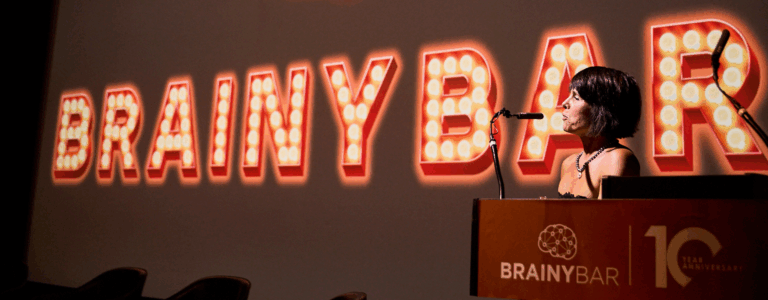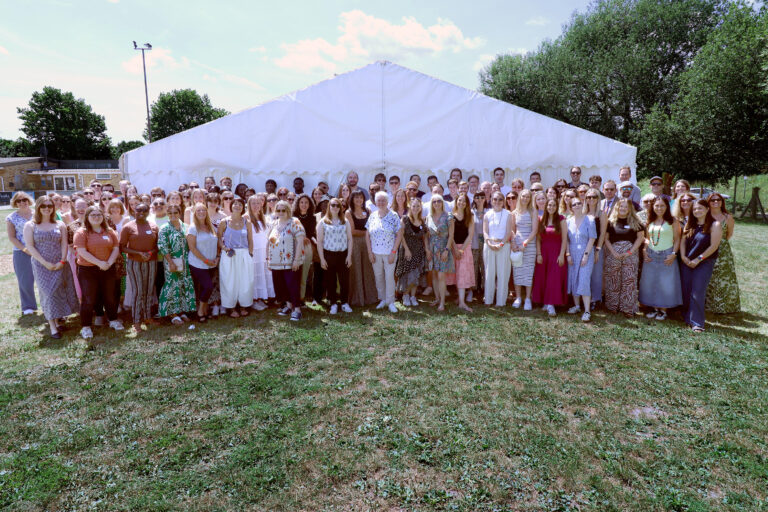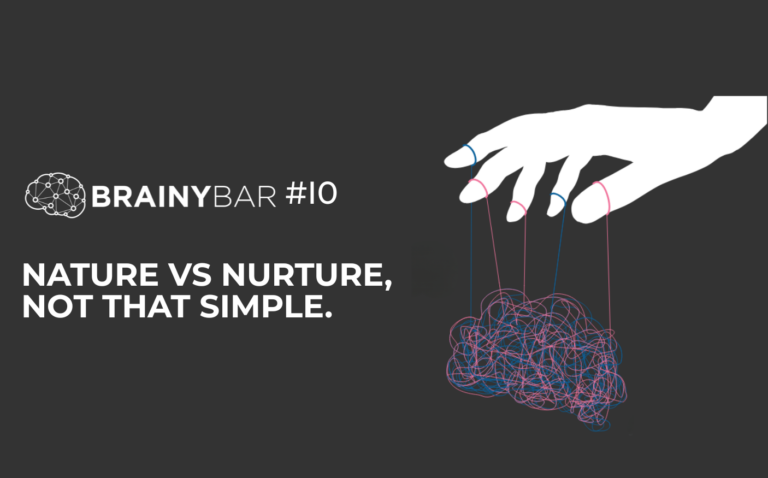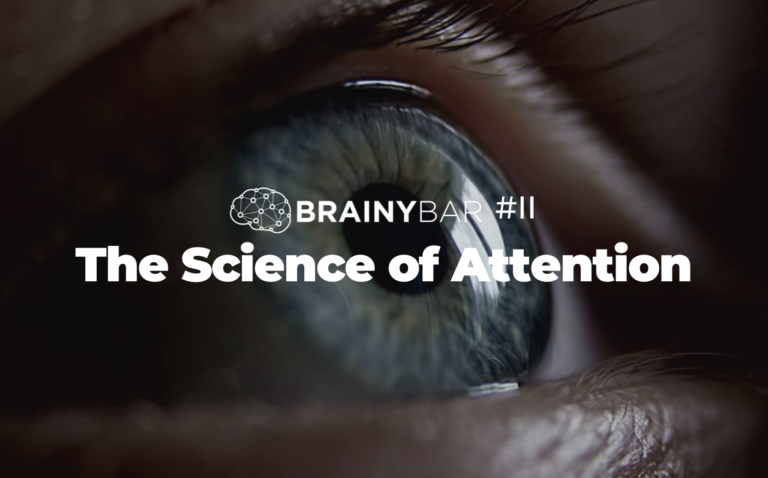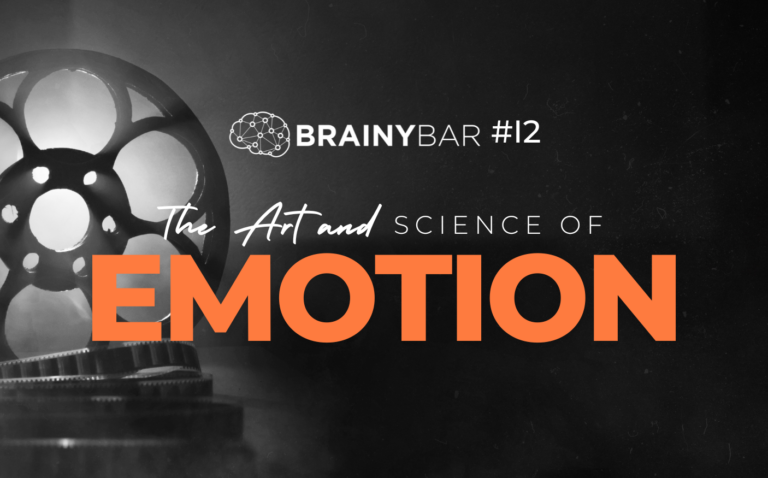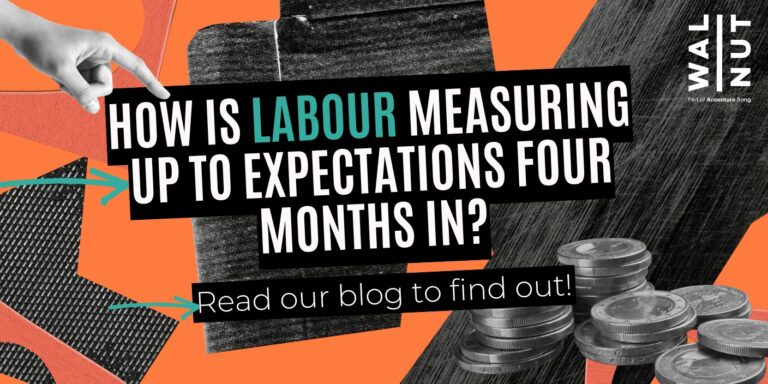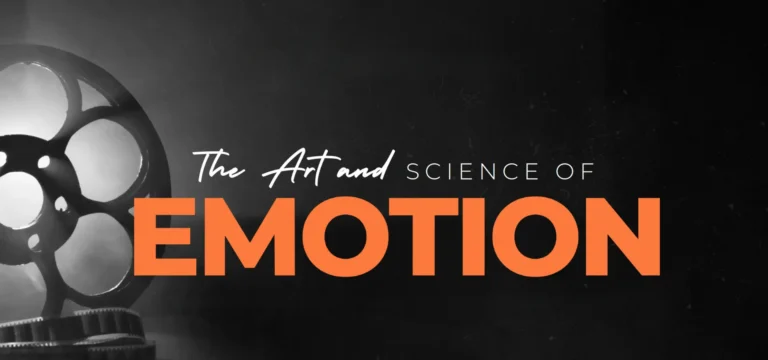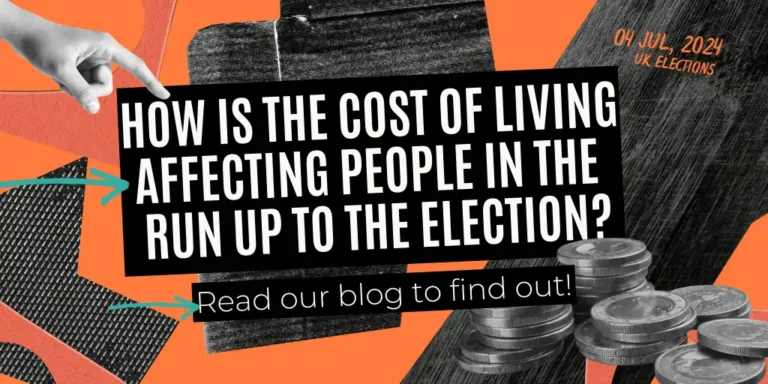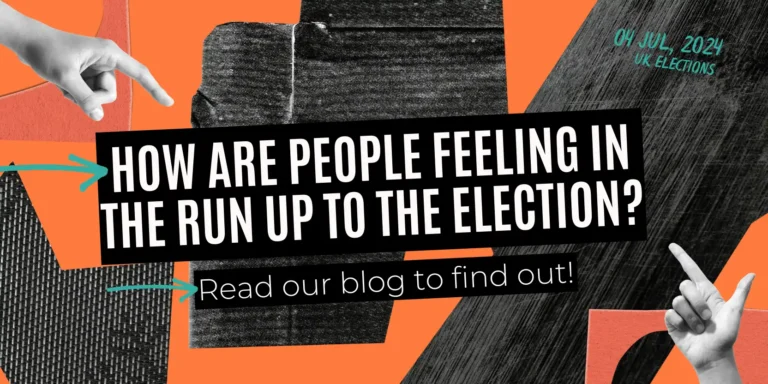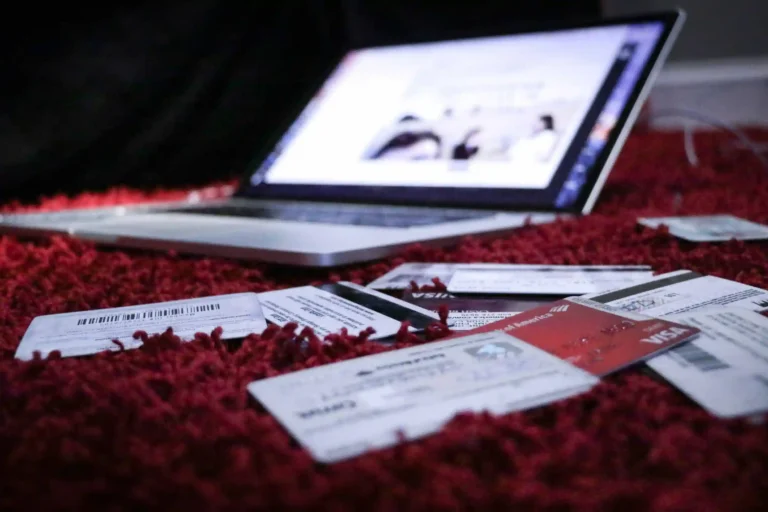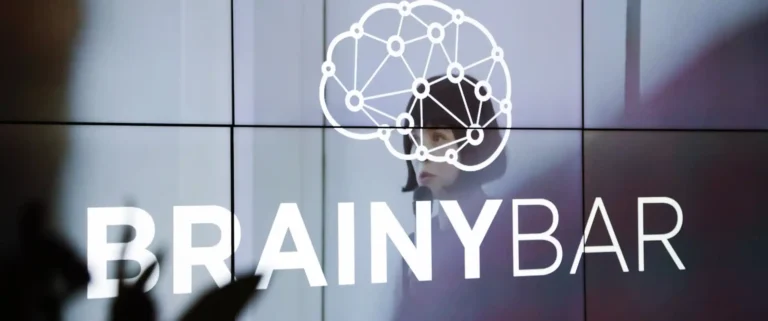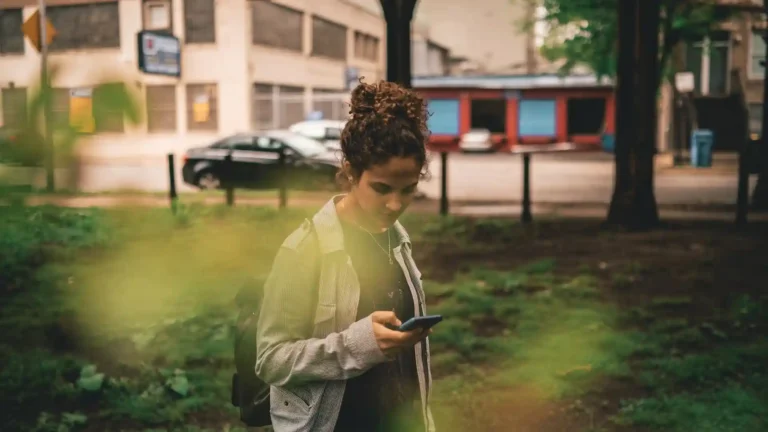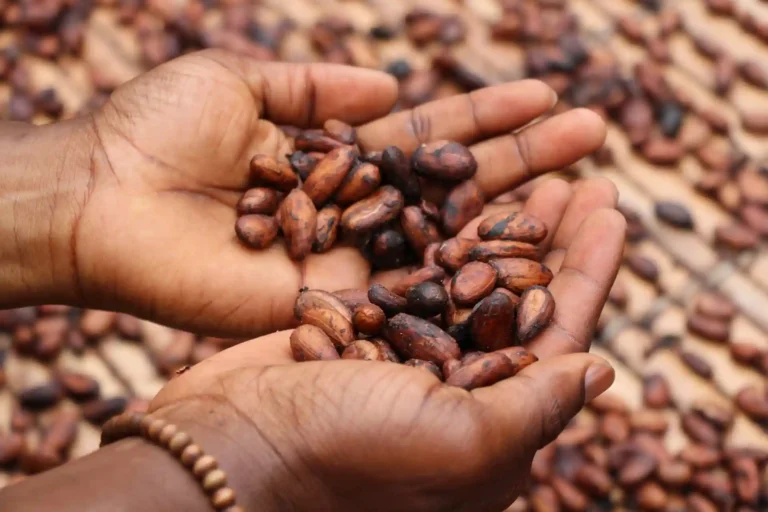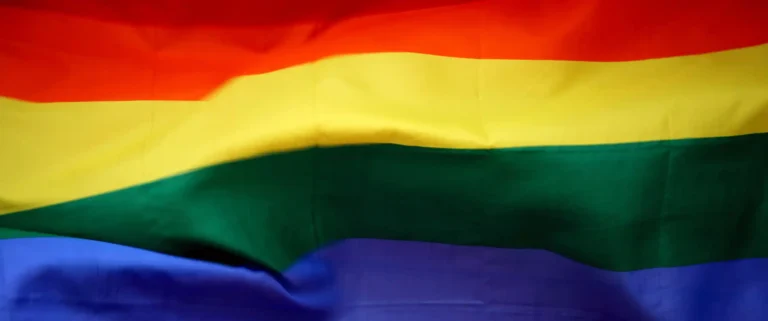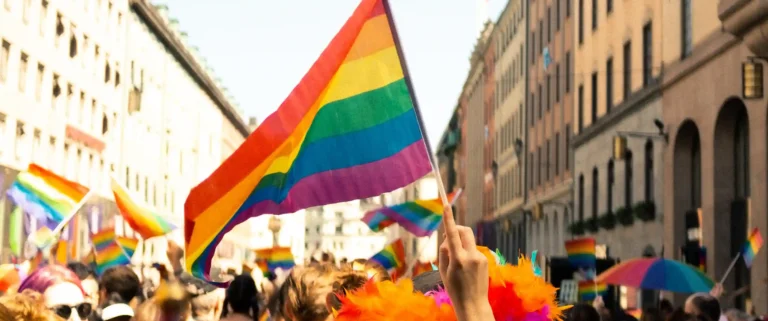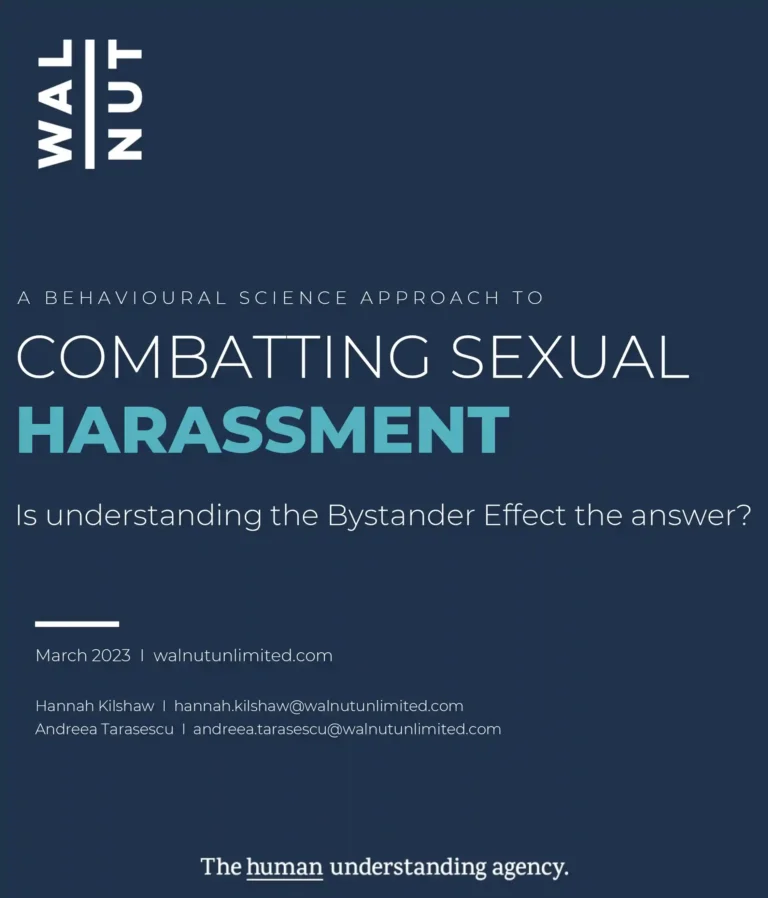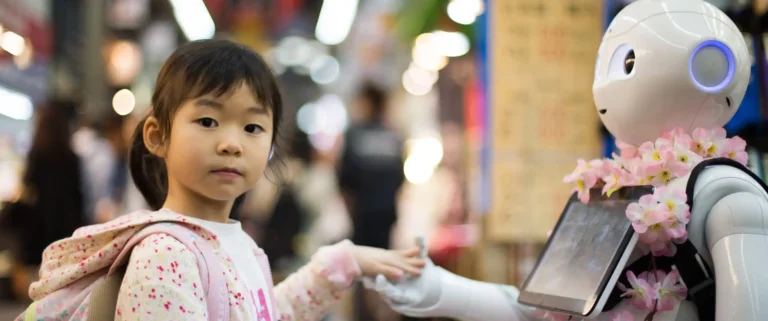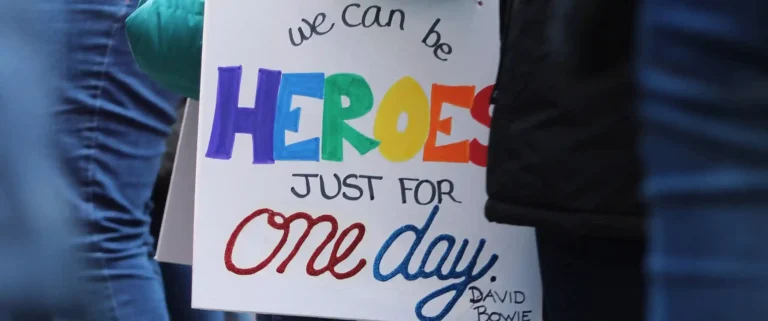Empathy in Action : Advancing Equality Through Understanding and Inclusion
22nd November 2024
Yasmin Ramikie-Mothersill
This past weekend marked the birthday of Mary Seacole, a black trailblazer whose resilience and compassion for others remind us of the power of empathy. Mary cared for the sick and wounded in several countries including Britain, Crimea and the Caribbean, fighting prejudice to become one of black history’s unsung heroines. Empathy is the quality that enables us to bridge divides, embrace diverse perspectives, and create a culture of mutual respect, and Seacole’s legacy resonates today as we continue striving toward a more inclusive society.
Progress and Ongoing Challenges
Recent events highlight both progress and ongoing challenges. Kemi Badenoch’s election as leader of the Conservative Party – the first Black leader of any major European political party – marks a historic milestone for Black representation in politics. Yet, contrastingly, recent inquests into the deaths of two Black men from sickle cell anaemia reveal systemic gaps in healthcare equity and awareness, particularly regarding conditions that disproportionately affect Black communities. These moments remind us of the complexities of progress—how far we’ve come, but also how far we must go.
Research Insights on Black History, Culture, and Equality
At Walnut, empathy informs everything we do. It’s embedded in how we uncover insights and interpret data, striving to understand diverse perspectives and ensure every voice is heard. We set out to explore what the British public thinks about Black history, culture, and equality. Our research among a representative sample of 2,000 members of the general public sought to go beyond surface-level understanding, revealing the narratives that shape attitudes today.
As we reflect on Black history in the UK, we’re reminded that honouring heritage, promoting inclusion, and striving for equality is an ongoing commitment—not just a focus for Black History Month in October. While that month provides a dedicated space to celebrate Black heritage and confront historical (and still ongoing) injustices, these themes resonate year-round and extend beyond any single community.
What Does Black History Mean to People?
When asked about Black history, responses range from the inspirational to the disheartening. Some speak of resilience, cultural achievements, and the civil rights movement:
“History, celebration, and acknowledgment of Black peoples and their success and struggles.”
“I think of resilience, cultural achievements, civil rights movements, influential figures, and the ongoing struggle for equality.”
However, many responses reveal gaps in knowledge or indifference. A quarter (25%) of the public know little or nothing about Black history, while one in ten (11%) reduce it to a singular narrative of slavery. Behavioural Science helps us understand why this happens. Availability bias—where people recall only the most accessible or prominent information—means that stories of Black history often remains limited to well-known events or struggles. While acknowledging painful chapters like slavery is crucial, the richness and diversity of Black contributions must also be amplified.
Yet, for all the progress that has been made in inclusivity, the minority of negative comments about Black history shows there is still much to be achieved. (Overall, 5% of responses are negative.)
“Having a Black History Month does nothing for race relations, it just highlights the separation.”
“Sick to death of celebrating black people. Let’s celebrate white people for a change.”
“It’s about beating ourselves up for things that we were not responsible for.”
While this may be disappointing, it’s also a reminder that empathy is key to understanding different perspectives – even those that may feel challenging. This year’s Black History Month theme, Reclaiming Narratives, emphasised the need to challenge stereotypes and showcase untold stories. While October offered an opportunity to reflect and learn, this work should not be confined to one month. Instead, embedding these conversations year-round ensures they become part of our cultural fabric, fostering deeper understanding and empathy.
Awareness of Events and Figures in Black British History
Our research also explores awareness of pivotal events and figures in Black British history, revealing stark gaps. For example, while the majority (88%) of the population recognise the Windrush generation, considerably fewer are aware of the Bristol Bus Boycott or Paul Boateng, Britain’s first Black cabinet minister.
Interestingly, White people are more likely than ethnic minorities to say they are familiar with the Windrush generation which may stem from media coverage of the Windrush scandal. Greater education and visibility can help ensure these events resonate across all audiences.
Multiculturalism and Integration in Britain
Public perceptions toward multiculturalism and integration today reveal a mixed picture. Three in five (60%) of the population – including a similar proportion of White people – agree that the presence of people from other ethnic groups is good for the country, rising to three-quarters (75%) among people from a minority ethnic background. Yet, only half (52%) of White people regularly mix with those from other ethnic backgrounds, suggesting room for growth in building more cross-cultural connections.
When asked about Black contributions to British culture, music and popular culture, sport, and civil rights emerge as the those seen as most widely recognised across all ethnic groups. While these areas certainly deserve recognition, fields like literature and arts (16%), politics (11%), science and technology (9%), medicine (17%) and fashion (8%) receive far less recognition (when ranked by top three contributions).
This disparity also reflects availability bias, where high-visibility achievements in entertainment and sports dominate public awareness. To challenge this, educators, media, and policymakers must elevate stories of Black innovation across all sectors, broadening the narrative and inspiring future generations.
Views on Equality
Almost forty years ago this week the landmark Race Relations Act – precursor to the 2010 Equality Act – received Royal Assent. Encouragingly, our research shows growing optimism about racial equality: almost half (46%) of Britons believe opportunities for Black and White people are equal, up from 43% last year. Yet the picture is far from complete. Among Black people, only 28% strongly agree that opportunities are equal, compared to 17% of White people.
These findings highlight the need for continued systemic change. Behavioural Science emphasises the role of confirmation bias in reinforcing existing beliefs: people often seek information that aligns with their worldview, which can perpetuate inequality. By fostering environments where diverse perspectives are shared and valued, we can disrupt this cycle and move toward greater equity.
Reflections on Black History Month?
While most ethnic minorities in the UK (71%) view Black History Month positively, only half (50%) of White people feel the same. Furthermore, while 85% of Black people express a desire to learn more about Black history, considerably fewer (38%) White people share this curiosity. These figures suggest that while Black History Month plays a vital role in education and celebration, there is work to be done to make it more inclusive and engaging.
At the heart of the challenge, is the need to understand how beliefs, attitudes and stereotypes lodge themselves in people’s minds, why they persist in the long-term, the role of our culture and media in shaping those perceptions and the behavioural and psychological tools we might use to create more engagement, curiosity and understanding about Black history.
Summary
Our findings underscore both progress and challenges in fostering understanding, inclusivity, and equality. While many Black contributions are celebrated, others remain overlooked, reflecting the need to expand narratives and ensure diverse stories are told.
By weaving empathy and Behavioural Science into how we approach these issues, we can drive meaningful change. Empathy helps us see the world through others’ eyes, while principles like overcoming bias, framing stories effectively, and creating inclusive environments guide us toward action. We’ll explore how this could be achieved in more detail in our next article.
Mary Seacole’s story continues to inspire, reminding us that building a better society starts with understanding and valuing each other’s humanity. As we honour her legacy, let’s commit to creating a culture where every voice is heard, every story is valued, and every contribution is celebrated—today, tomorrow, and always.
NEWSLETTER
Sign up for the latest treats straight to your inbox






